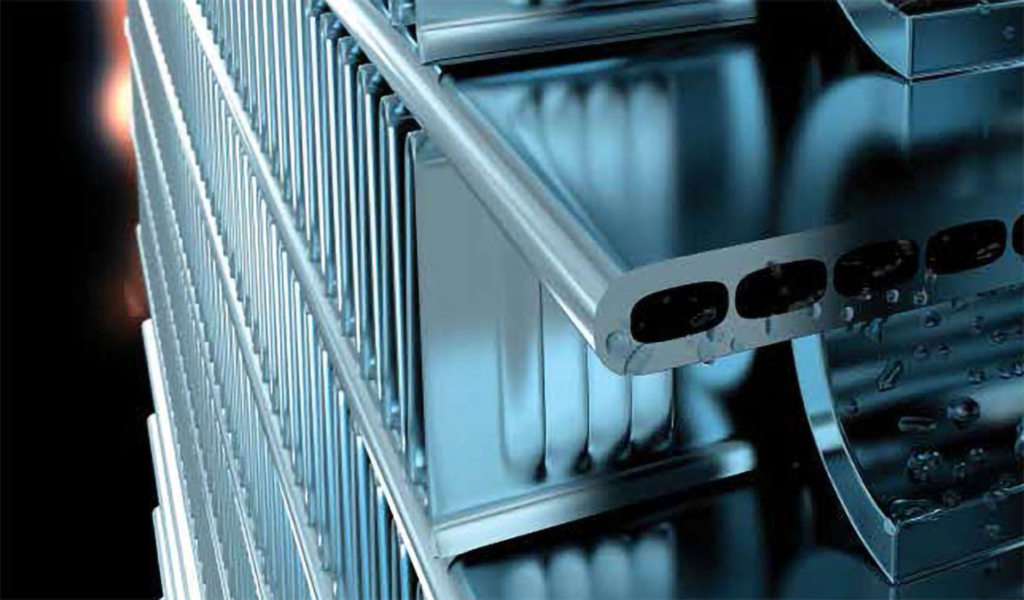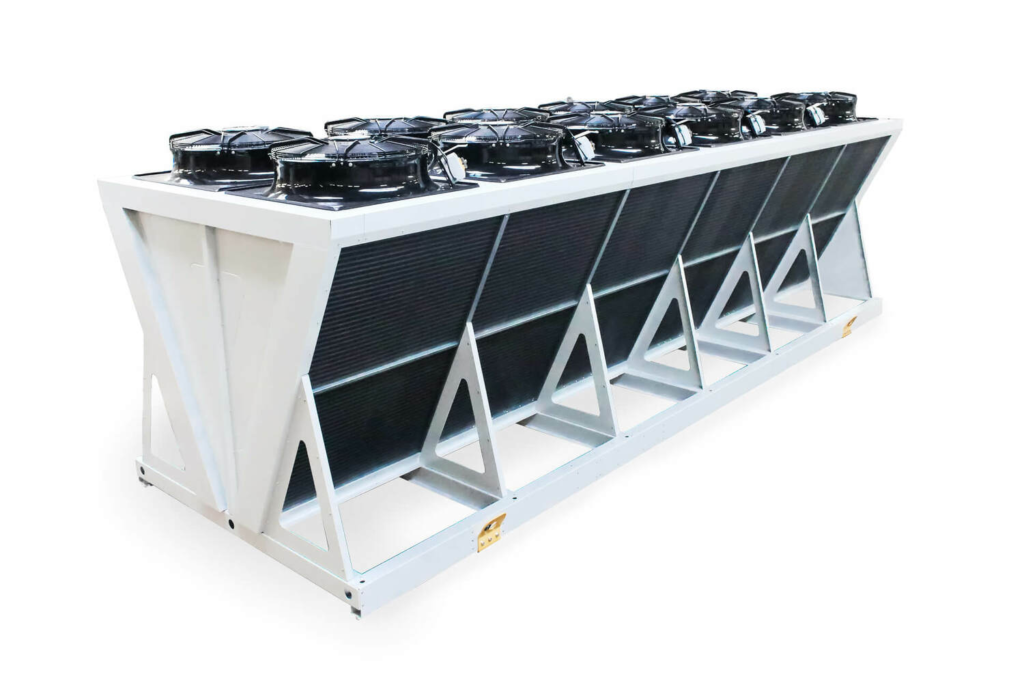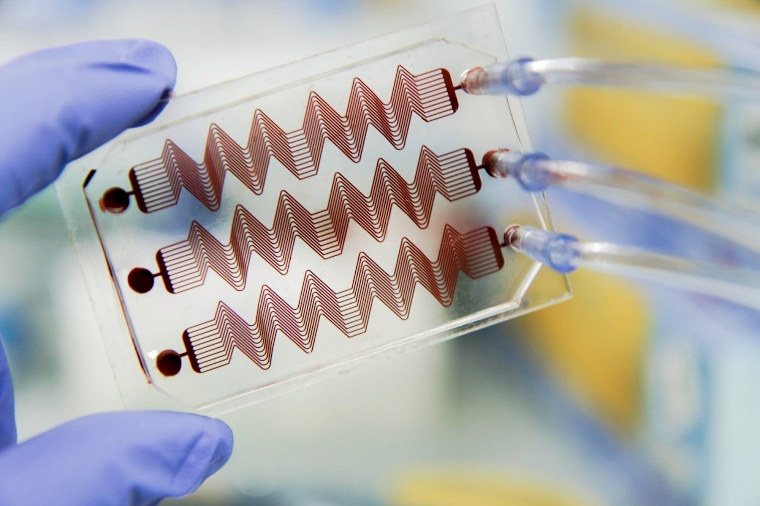
The Marvels of Microchannels: Tiny Channels with Tremendous Applications
2023-07-19 | Micro Channel
In the vast realm of science and technology, even the tiniest innovations can bring about significant advancements. Microchannels, the minuscule channels etched or created on surfaces, exemplify this notion. In this blog, we will explore what microchannels are, their design principles, how they function, and some practical applications like refrigeration and HVAC systems and microfluidic technology. Let's dive into the world of microchannels!
What are microchannels:
Microchannels are ultra-small channels, often thinner than a human hair, engineered onto various materials. These channels serve as conduits for precise fluid or gas flow control. Their design principles focus on creating intricate, miniaturized structures that optimize fluid transport efficiency. Microchannels can take different shapes, such as straight, curved, or interconnected networks, enabling precise manipulation of fluid flow on a microscopic scale.

How Do Microchannels Work?
Microchannels operate based on principles of fluid dynamics and capillary action. Capillary action refers to the phenomenon where liquids move through narrow spaces due to intermolecular forces and surface tension. When fluids enter microchannels, these forces guide their flow, enabling controlled and precise fluid manipulation. Due to their small size, microchannels also excel in heat transfer and mass transport, making them valuable tools in various applications.
Applications of Microchannels:
1. Refrigeration and HVAC Systems:
Microchannels have revolutionized the field of refrigeration and HVAC (Heating, Ventilation, and Air Conditioning) systems. They are incorporated into heat exchangers, which are responsible for transferring heat between fluids. Microchannels enhance heat transfer efficiency, resulting in more effective cooling and heating processes, improved energy efficiency, and smaller system footprints.

2. Microfluidic Technology:
Microchannels play a pivotal role in microfluidic technology, an interdisciplinary field that integrates physics, engineering, and biology to manipulate small fluid volumes. Microfluidic devices, comprising complex networks of microchannels, facilitate tasks like chemical analysis, DNA sequencing, drug discovery, and medical diagnostics. These devices offer advantages such as reduced sample requirements, faster analysis times, and portability for point-of-care applications.

3. Lab-on-a-Chip Devices:
Microchannels have led to the development of lab-on-a-chip devices, which aim to miniaturize and consolidate laboratory functions onto a single chip. Microchannels within these devices enable tasks such as cell culturing, chemical reactions, and sample analysis. Lab-on-a-chip platforms have diverse applications in healthcare, environmental monitoring, and food safety, offering quicker and more efficient analytical capabilities.
4. Energy Conversion Systems:
Microchannels have shown promise in energy conversion applications. For instance, they are used in fuel cells to facilitate the controlled flow of reactants and products, improving overall performance and efficiency. Additionally, microchannels are employed in solar thermal systems, aiding in the circulation and transfer of heat-absorbing fluids for energy generation.
5. Micro-Reactors:
Microchannels are extensively used in micro-reactors for chemical synthesis and reactions. The small dimensions of microchannels allow for precise control over reactant mixing and residence time, enabling efficient and controlled chemical reactions. Micro-reactors offer advantages such as enhanced reaction rates, reduced waste generation, and improved safety compared to traditional batch reactors.
6. Biomedical Devices:
Microchannels have found application in biomedical devices, particularly in drug delivery systems and implantable devices. Microchannels enable precise control over the release of drugs or therapeutic agents, allowing for targeted and controlled drug delivery. In implantable devices, microchannels assist in the transport of fluids and nutrients, promoting tissue regeneration and healing.
7. DNA Analysis and Genomics:
Microchannels play a vital role in DNA analysis and genomics research. They are used in techniques like capillary electrophoresis, where DNA fragments are separated and analyzed based on their size and charge. Microchannels facilitate the precise manipulation and separation of DNA samples, enabling faster and more accurate genetic analysis.
8. Micro-Sensors:
Microchannels are integrated into micro-sensor devices for various applications, such as environmental monitoring, chemical sensing, and biomedical diagnostics. Microchannels provide controlled pathways for the flow of analytes, allowing for efficient interaction with sensor elements. This results in improved sensitivity, selectivity, and response times of micro-sensor devices.
9. Micro-Nanofabrication:
Microchannels are utilized in micro-nanofabrication techniques for creating intricate patterns and structures at the microscale. They serve as templates or molds for depositing materials and forming precise structures. Microchannels enable the fabrication of micro-devices, sensors, and microfluidic systems with high precision and reproducibility.
10. Energy Storage:
Microchannels are explored in energy storage systems, such as microscale batteries and supercapacitors. They provide pathways for the transport of ions, facilitating efficient energy storage and retrieval. Microchannels contribute to improved power density and energy efficiency in microscale energy storage devices.
Conclusion:
Microchannels may be diminutive in size, but their impact is substantial. With their sophisticated design principles and diverse functionalities, microchannels find application in various fields. From improving refrigeration and HVAC systems to advancing microfluidic technology and lab-on-a-chip devices, these tiny channels are driving progress and innovation. As researchers continue to explore their potential, we can anticipate even more incredible applications of microchannels, making a significant difference in our everyday lives.
If you are interested in microchannels or have any inquiries related to them, feel free to reach out to PULITE Co., Ltd. We are a leading company specializing in microchannel technology and its application solutions. You can contact us via email at pulite@m168.com.tw. We would be delighted to assist you and provide further information on how microchannels can benefit your specific needs.